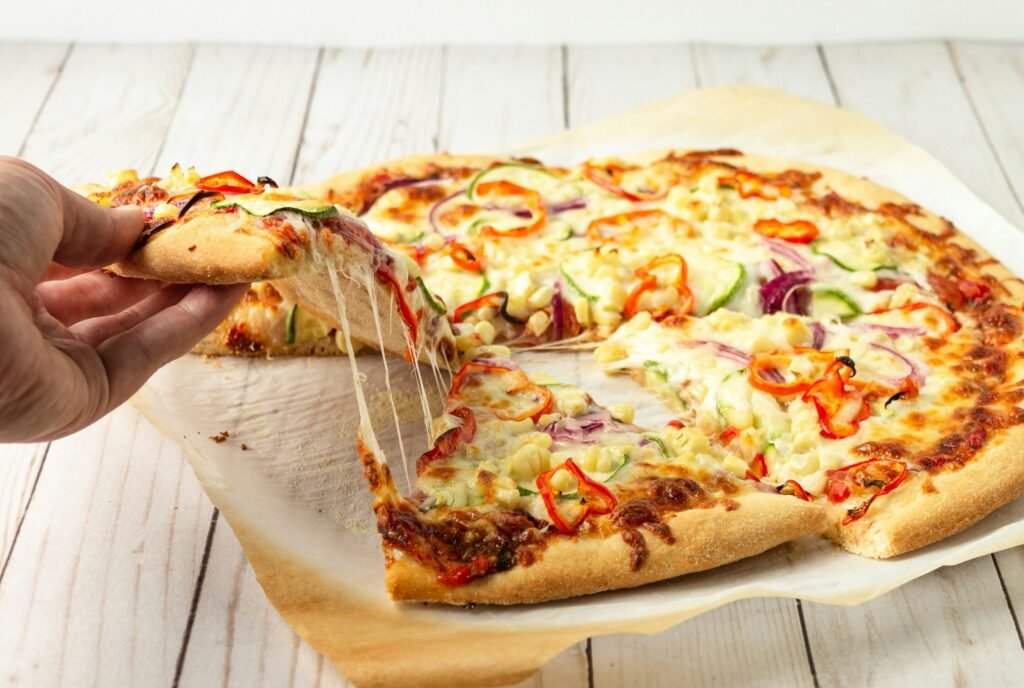Fujita Health University scientists recently conducted a study revealing that the type of food consumed has a significant impact on eating speed, more so than the sequence in which food is eaten. The research found that meals served in individual portions and eaten with utensils resulted in longer meal durations, increased chews, and faster chewing tempo compared to fast food options, regardless of whether vegetables were consumed first or last.
The connection between rapid eating behavior and obesity has been well-documented, with fast consumption often leading to higher food intake, especially among individuals who consume ultra-processed meals like fast food. These types of meals are typically high in fat and sugar, triggering the brain’s reward circuitry and promoting quick consumption. Slow eating is often recommended as a strategy to reduce energy intake, but concrete methods to achieve this goal have been lacking.
While previous research has explored interventions to extend meal duration, such as using musical cues or changing bite size, the impact of the food sequence on eating behavior remains unclear. The recent study, published in Nutrients, aimed to address this gap by investigating how meal type and sequence influence eating behaviors.
Forty-one adult participants, ranging in age from 20 to 65 years, were recruited for the study. Each participant consumed three different meals over a 12-week period, including a slice of pizza, a hamburger steak bento with vegetables and rice (to be eaten first), and the same bento meal with vegetables consumed last. Meal duration was recorded using video analysis, and chewing behaviors were tracked with a wearable device.
The results showed that bento meals led to significantly longer eating durations compared to pizza, regardless of the sequence in which vegetables were consumed. Bento meals also resulted in more chews and faster chewing tempos, highlighting the influence of meal type on eating speed. Interestingly, no significant association was found between meal duration and BMI, but age and male sex were negatively correlated with eating time.
The researchers concluded that choosing meal types that require utensils and are served in individual portions can effectively prolong eating time. This finding may have implications for dietary counseling and obesity prevention, suggesting that the structural composition of meals and eating tools have a greater impact on behavior than the sequence in which food is consumed.
Practical applications of the study could include recommending bento-style meals over fast food to support interventions aimed at slowing eating and promoting healthier eating habits. By understanding how meal type influences eating behavior, efforts to address overconsumption and improve metabolic health can be enhanced without solely relying on willpower or specific sequencing advice.


